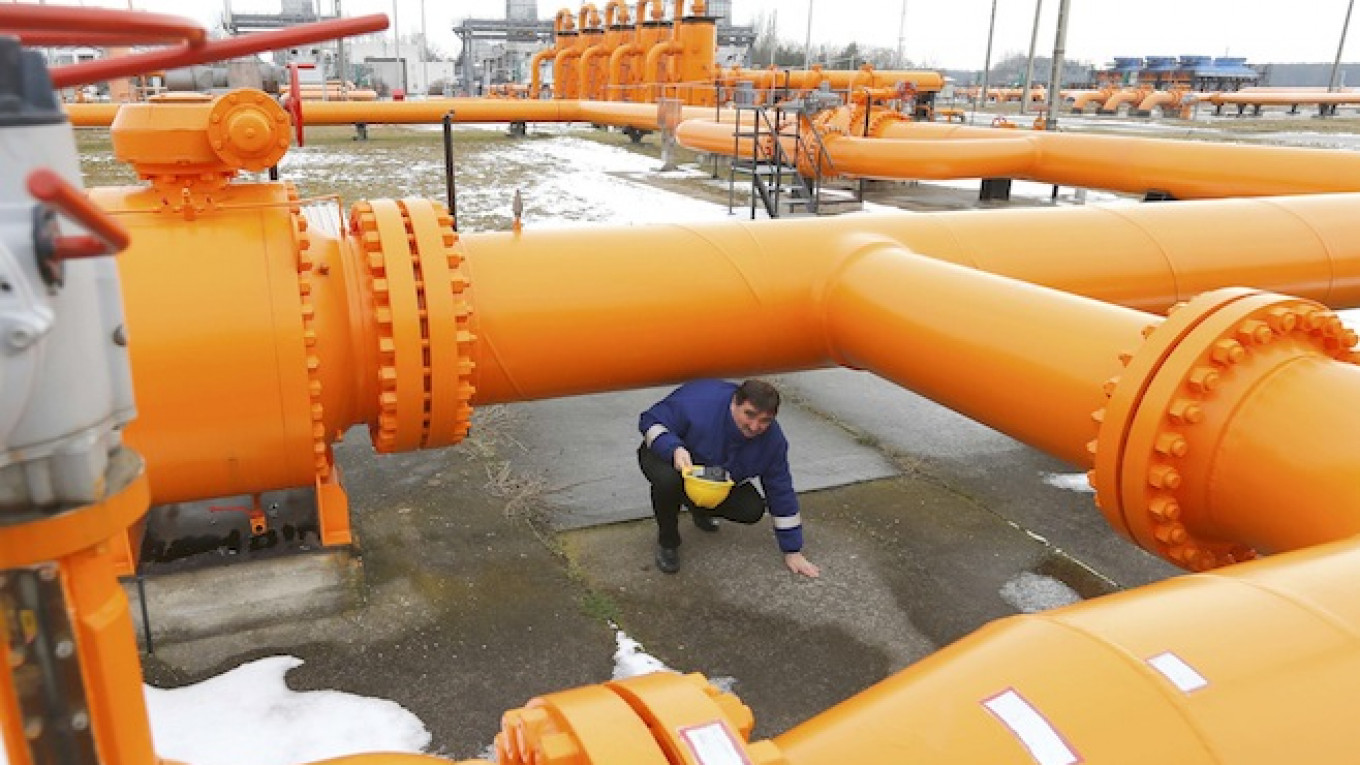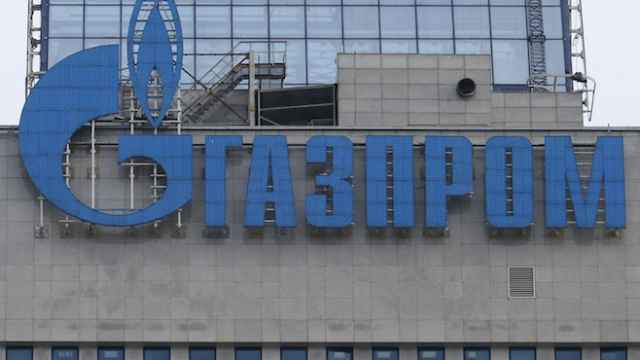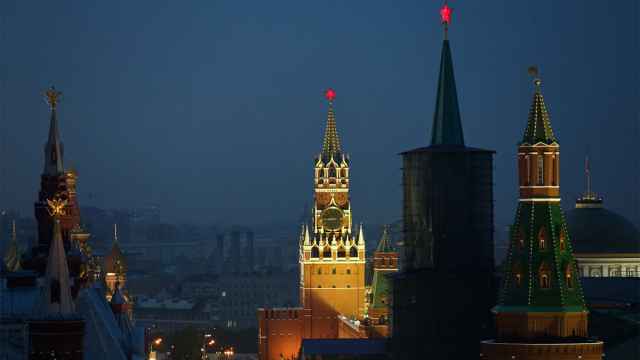The European Union has yet to receive confirmation that Ukraine and Russia will meet on March 20 to discuss gas supplies, the bloc's Energy Commissioner Maros Sefcovic said Friday.
Speaking at a meeting of foreign ministers in the Slovak mountain resort of Strbske Pleso, Sefcovic said it had been agreed previously that a meeting should take place before the current "winter package" expires at the end of March.
This deal on Russian gas for Ukraine, brokered and part-financed by the EU, runs out at the end of the month. After Kiev and Moscow accused each other of reneging on the deal, amid tensions over the pro-Russian revolt in eastern Ukraine, EU officials are mediating to try to arrange summer supplies.
"So far the [meeting] date is standing but I don't have confirmation from both sides concerning this date," he said, adding he believed it was a scheduling issue, not a political one.
Pricing disputes between Ukraine and Russia have in the past led to supply disruptions but this winter, gas has continued to flow to the European Union. In 2009, supplies were cut to central and southeastern Europe, leaving many homes and businesses without gas in freezing temperatures.
When asked about Ukraine wanting to discuss raising transit tariffs for Russian gas by at least 30 percent at the talks, Sefcovic urged both sides to be realistic.
"At this stage, this is their proposal, of course we have to all agree ... My plea to both sides would be that if we would like to move ahead, we have to be constructive and realistic at the same time," Sefcovic said.
Despite a warning last month from Russian President Vladimir Putin that Ukraine's chaotic finances might cause energy shortages across Europe, analysts have played down the risks of disruption going into summer. They have noted Ukraine's own gas output and Russia's need to sell its gas.
The daily flow of Russian gas headed to Slovakia via Ukraine has jumped in recent weeks. Sefcovic said this follows a period of lower shipments and that "as far as we know everything is according to contracts."
A Message from The Moscow Times:
Dear readers,
We are facing unprecedented challenges. Russia's Prosecutor General's Office has designated The Moscow Times as an "undesirable" organization, criminalizing our work and putting our staff at risk of prosecution. This follows our earlier unjust labeling as a "foreign agent."
These actions are direct attempts to silence independent journalism in Russia. The authorities claim our work "discredits the decisions of the Russian leadership." We see things differently: we strive to provide accurate, unbiased reporting on Russia.
We, the journalists of The Moscow Times, refuse to be silenced. But to continue our work, we need your help.
Your support, no matter how small, makes a world of difference. If you can, please support us monthly starting from just $2. It's quick to set up, and every contribution makes a significant impact.
By supporting The Moscow Times, you're defending open, independent journalism in the face of repression. Thank you for standing with us.
Remind me later.






